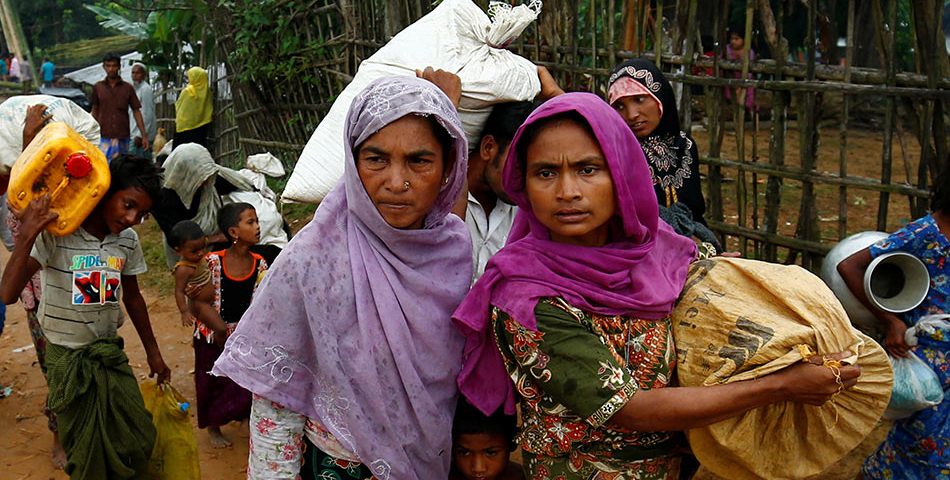The Rohingya Crisis: Urgent Humanitarian Support Needed

The Rohingya Muslims, known as “the world’s most persecuted minority,” have been thrust into the spotlight following the mass exodus of approximately 300,000 individuals to Bangladesh from Myanmar’s Western Rakhine state in September 2017. This crisis has deep historical roots and presents a complex challenge requiring immediate global attention and support.
Who Are the Rohingya?
The Rohingya people are an ethnic group with their own language and culture, residing in Myanmar’s Western Rakhine state. Descendants of Arab traders from the 15th century, they constitute a third of Rakhine’s population and predominantly practice Islam, with a minority identifying as Hindu. Despite their long-standing presence, they face severe discrimination and are denied citizenship, rendering them stateless and marginalized.
The Plight of the Rohingya
Myanmar, predominantly Buddhist, consists of 135 ethnic groups, excluding the Rohingya. The government’s refusal to recognize the Rohingya has led to severe restrictions on their rights and freedoms, including marriage, employment, education, and movement. Reports of extortion, arbitrary taxation, and violence against the Rohingya suggest a systematic attempt at ethnic cleansing, supported by the government and military forces.
Historical Context of Persecution
The persecution of the Rohingya dates back to Myanmar’s independence in 1948, with significant waves of violence forcing them to flee in the late 1970s and early 1990s. The situation escalated with the 1982 Citizenship Law, which officially rendered the Rohingya stateless. Recent violence has seen hundreds of thousands fleeing to neighboring countries in search of safety.
The Exodus and Its Destinations
Bangladesh has become a primary refuge for the Rohingya, hosting over 780,000 in overcrowded camps. Other countries providing shelter include Malaysia, Pakistan, and Saudi Arabia, though many refugees lack legal status and face uncertain futures. Inside Myanmar, over 100,000 Rohingya live in dire conditions in internally displaced persons camps, with restricted access to essential services.
The Ongoing Crisis
Renewed violence in 2016 and 2017 has triggered another mass displacement, with the Rohingya facing unimaginable atrocities, including sexual violence, torture, and killings. Satellite imagery and reports confirm widespread destruction in Rakhine, indicating a deliberate campaign against the Rohingya. Despite international condemnation, Myanmar continues its harsh policies, with little intervention from global powers.
The Bleak Outlook
The future for the Rohingya remains grim, with the civilian government allowing security forces to perpetrate genocide. International support from key nations complicates efforts to address the crisis effectively. The situation demands urgent humanitarian intervention to prevent further atrocities and support the displaced.
How You Can Help
The refugees in Bangladesh and other host countries are in dire need of basic necessities, including food and medical care. Crisis Aid is committed to providing essential aid to these vulnerable populations, but we need your support. Your donations can make a significant difference in the lives of those affected by this crisis, offering hope and relief in their time of need.
Together, we can address the humanitarian needs of the Rohingya people and advocate for a resolution to this ongoing crisis. Your contribution to Crisis Aid will help ensure that those fleeing violence and persecution receive the support they desperately need.